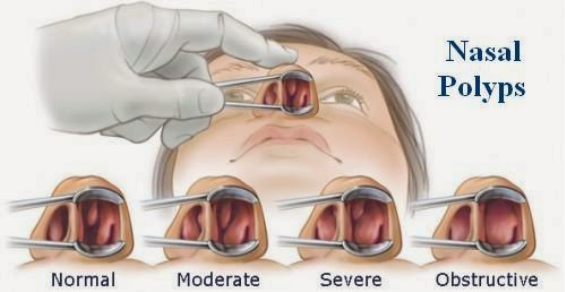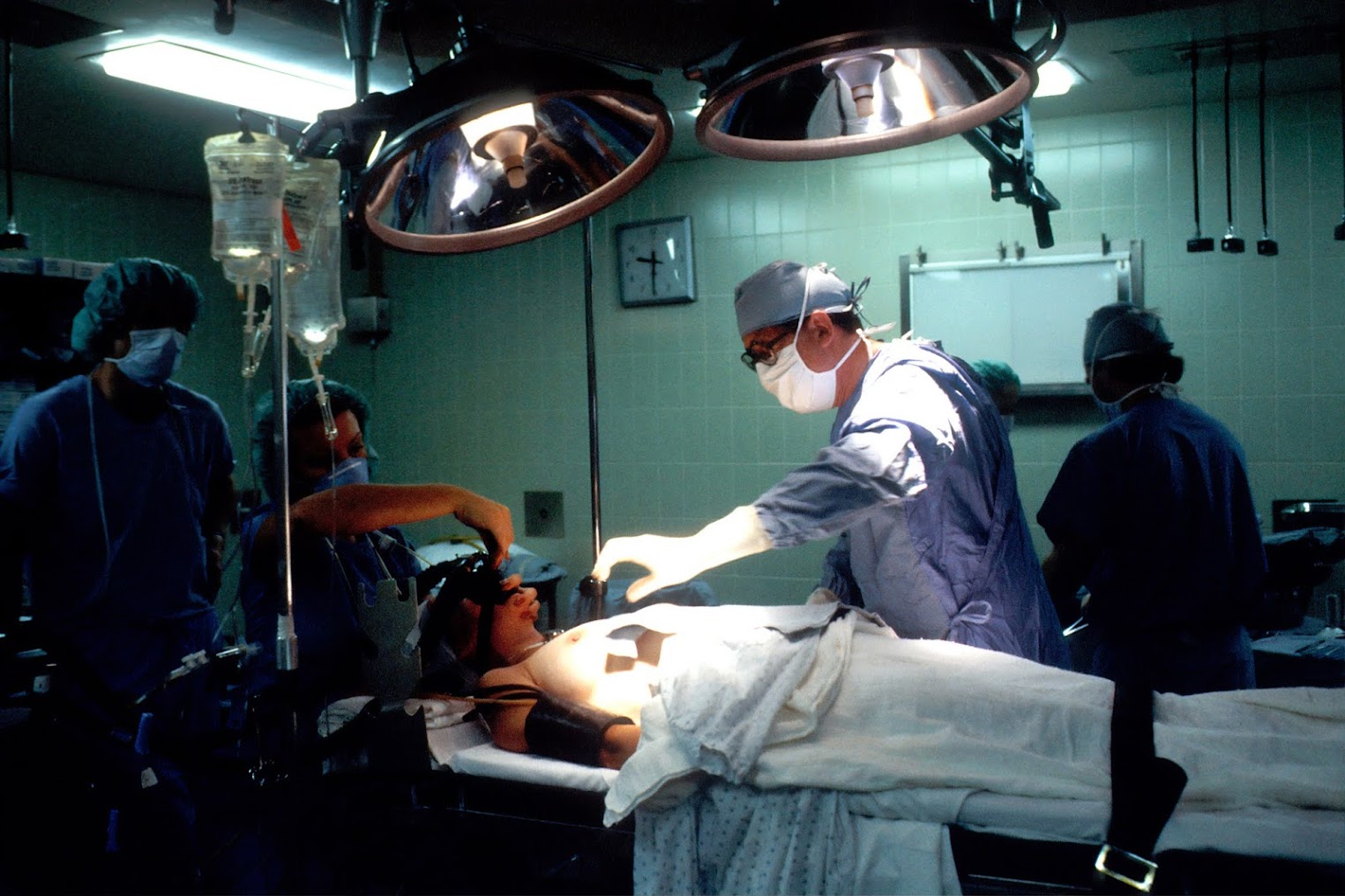Nasal Polyp Removal Surgery Risks ( Must Read )
Nasal polyps are grape-sized swellings of the lining of the nose. There are various types of polyps and they most commonly cause nasal obstruction (blocked nose). They may also cause a reduced sense of smell and sinus infections.
Overall, nasal polypectomy surgery is safe in most people. Your risk depends on where your polyps are within your nose, whether you have had polyp surgery before, and also on any other medical problems you may have. Some of these risks are very rare, but serious. Some are more common but less troublesome. Firstly, you will have a general anaesthetic (you will be asleep for the operation). You will have a chance to discuss this with the anaesthetist before your surgery. This is a brief outline of the risks that would be most likely to influence your decision about having surgery
1. Common Ricks:
•Nasal Obstruction: You will probably have lots of dry blood and crusting causing a blocked nose for the first few weeks.
•Bleeding: A small amount of bleeding immediately after polypectomy surgery is quite common. You may notice blood when you blow your nose for about a month after the operation, but occasionally people may need to come back to hospital. If you take aspirin or Warfarin, or if you have a history of bleeding problems, then you must tell your surgeon before your operation.
2. Occasional Ricks:
•Infection: sometimes swelling in the sinuses immediately after the operation can cause infection.
•Return of symptoms: polypectomy surgery may not cure your symptoms permanently. In fact nasal polyps often recur, but how fast is often unpredictable
3.Rare risks:
Because some of your sinuses (where the polyps often arise) are separated from your eyes by only a very thin layer of bone, there is a very small risk of causing injury to your eye. In the worst case, this could cause blindness or double vision. Similarly, some of your sinuses are very close to your brain. There is a small risk of causing infections in or around your brain, or of a brain fluid leak through your nose.
•Loss of sense of smell: Often polypectomy surgery will improve a loss of smell, but rarely it can cause a loss of sense of smell.




Nhận xét
Đăng nhận xét